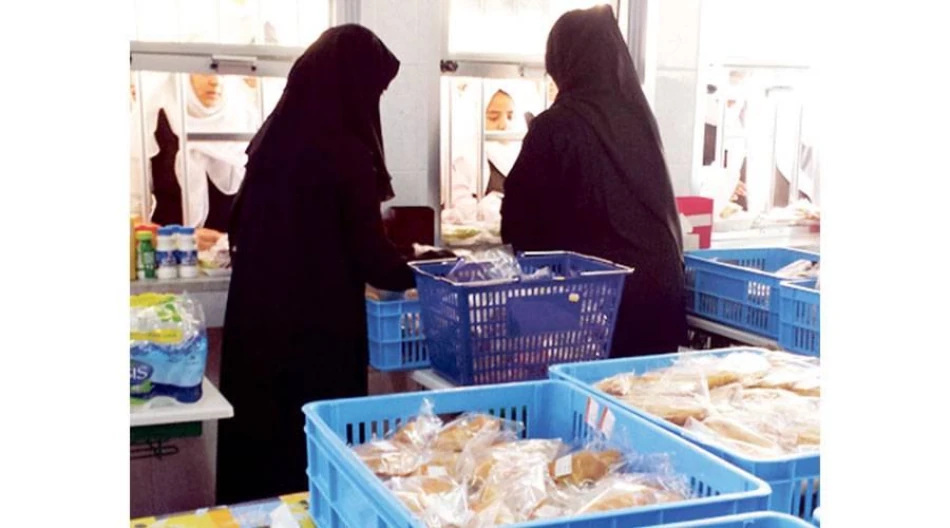
Nurturing Minds, Nourishing Futures: Experts Warn Against Using Food as Discipline or Reward for Children
Abu Dhabi's Department of Education and Knowledge has banned early childhood education centers from using food as punishment or reward for children. The new policy also prohibits 13 categories of foods and drinks deemed harmful to children's health and development.
The comprehensive food ban covers sugary drinks, caffeinated beverages, processed foods high in salt, and ultra-processed items containing artificial additives. Here's what institutions can no longer serve or allow on their premises.
**What's banned from early childhood centers**
The prohibited list includes all sugar-sweetened and carbonated drinks, energy drinks, and sports beverages except isotonic varieties. Coffee and tea, whether hot or iced, are also banned due to caffeine content.
Sweet treats face heavy restrictions. Children can't have candy made with sugar and artificial colors, including marshmallows, caramel, cotton candy, lollipops, jelly, and most chocolate. Dark chocolate gets a pass, but ice cream, slush drinks, and other frozen processed foods are out.
High-salt foods are completely prohibited. This means no fried foods like fried chicken, falafel, or samosas. Potato chips, corn chips, processed meats like mortadella and hot dogs, and pickles are also banned.
**Chemical additives under scrutiny**
The policy specifically targets ultra-processed foods containing artificial sweeteners, synthetic colors, and chemical flavorings. Foods with monosodium glutamate (MSG) are prohibited, along with items containing six specific food colorings including Sunset Yellow and Tartrazine.
Most sauces face restrictions too. Mayonnaise, hot sauce, and ready-made dressings like ranch are banned. Even ketchup is prohibited unless it's low in salt and sugar.
**Safety and religious considerations**
The rules extend beyond nutrition to safety and cultural factors. Pork products and alcohol-containing foods are banned, as are trans fats and unpasteurized items. Honey is prohibited for infants under 12 months due to botulism risks.
Soy products, nuts, and foods that pose choking hazards are also restricted to protect children with allergies or developmental needs.
**Implementation and parent involvement**
Early childhood centers must clearly communicate these restrictions to parents and staff. The policy applies to all food served at institutions, brought from home, or consumed during special events and celebrations.
The department says the goal is creating a clear framework for child nutrition while involving parents in decisions about their children's dietary needs. Centers must include these restrictions in their official food and nutrition policies.
This move reflects growing global awareness about childhood nutrition and the long-term health impacts of processed foods. Abu Dhabi joins other regions implementing stricter food standards in educational settings to combat rising childhood obesity and promote healthier eating habits from an early age.
Most Viewed News

 Omar Rahman
Omar Rahman






